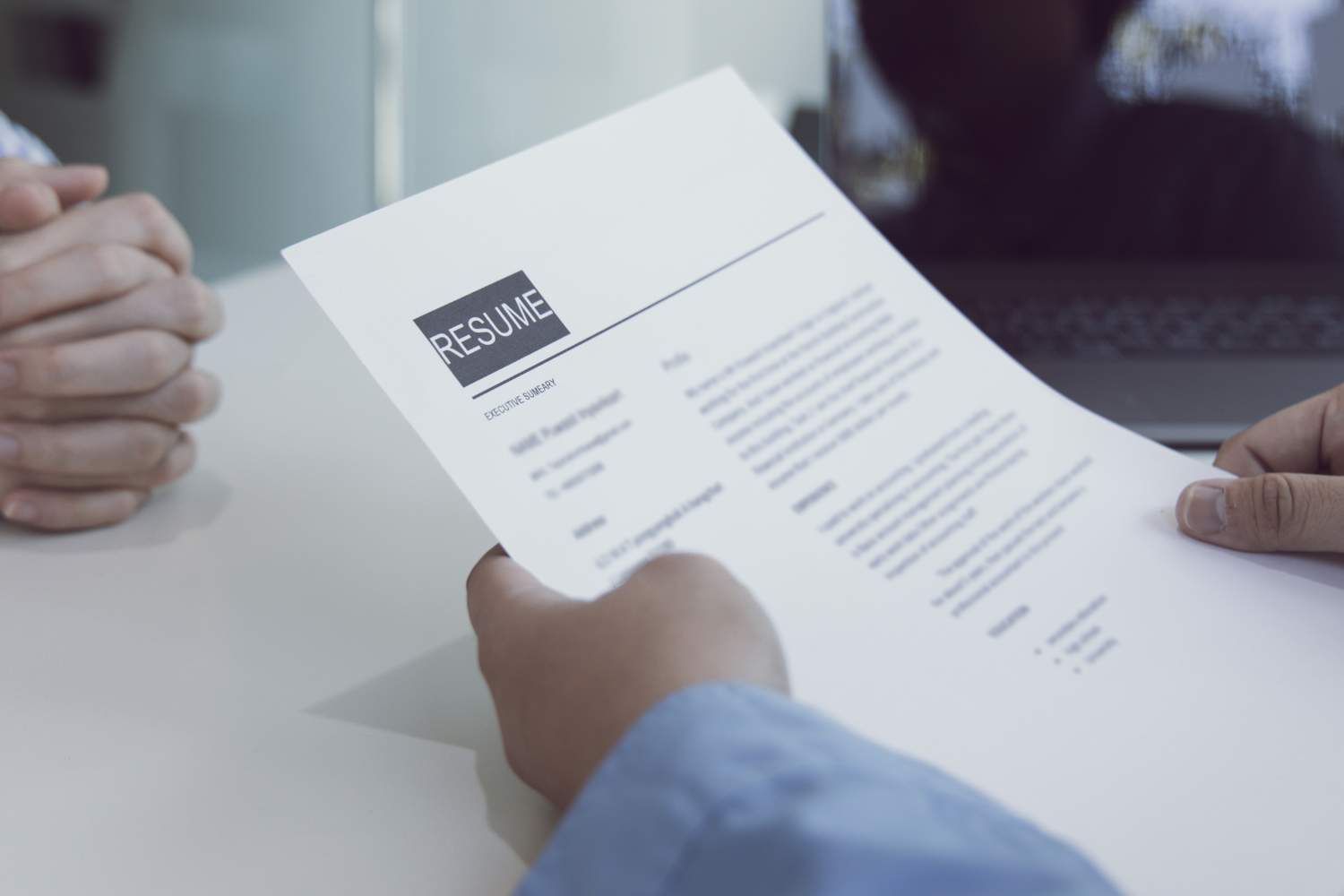
Insights
Tips On How To Ace Your Interview
01 Apr, 20224 minutesCongratulations, you’ve landed that all-important interview for your dream role. Now, it’s t...

Congratulations, you’ve landed that all-important interview for your dream role. Now, it’s time to do yourself justice and prove to the interviewer that you are the person for the job! Here are some top tips to give you confidence that you are fully prepared for your interview, and are presenting yourself in the most positive manner possible.
Preparation
Do some research into the company to show your genuine interest in them. Find out who they are, what they’re about, how they make their money, but also delve a little deeper into the company in relation to the role that you are interviewing for.
Check out the route to your destination and how long it will take to get there. Remember the name, and pronunciation, of the person interviewing you to avoid any embarrassment once you arrive. If you are going to be unavoidably late, make sure that you give the company, and your recruitment agent, a call to let them know and rearrange the interview if necessary.
Dress to impress. This may seem like a cliché, but when it comes to an interview you need to dress appropriately. It’s nice to think that people don’t judge based on appearances, but they do. Other interviewees will make the effort, so if you don’t you could be overlooked, regardless of whether you are the best candidate for the role.
Dressing appropriately is the first step in making a good impression, but it has been shown that many people will make up their mind about you in the first few seconds of an interview, so it is very important to make a good first impression. This is often about subtle clues. Think about your demeanour, your posture. Make sure you smile, make eye contact and shake hands when you meet your interviewer.
During your Interview
Think about your body language and other non-verbal communication. Maintain eye contact, and don’t fiddle with the items around you, or you will come across as overly nervous. Remember to sit up straight, slouching can be seen as a confidence issue and is likely to be frowned upon. If there is more than one person in the interview room, be sure to address all of them in your responses.
Remember that you are selling yourself during the interview. You are the solution to the recruiters' problem. You need to show them why you are the person that they should hire. Back up your answers with examples to make you stand out from the crowd, it’s likely that everyone being interviewed will claim to be a “team player”, so be specific and prove it to them. A useful tool to do this is the STAR method:
STAR Method
- Situation: Give some context to the story you’re about to tell; outline where you were and why you were there.
- Task: Describe what you were doing and what challenges you faced.
- Action: Explain the actions you took to complete the task and how you tackled any challenges you faced.
- Results: Finally, reveal the outcome. This should demonstrate your skills, what you achieved, and anything you learned from the situation.
You can use the STAR method to tailor your examples to the role you’re applying for. Explain how your skills and experience will directly benefit the organisation.
A valuable way to win over the interviewer is to let your enthusiasm and professionalism become apparent. If you have got the interview based on your literacy, academic knowledge or personal traits you have described in your CV, you need to showcase them now.
One of the best things that you can do in an interview is to build a rapport with your interviewers. A good way to do this is to mirror their questions to show that you are listening and engaged. For example, you can pick up on anything they might say about their hobbies and interests and refer back to them later.
Prepare some questions that you will ask your interviewer. This will not only help you to decide if the job will be the right fit for you but will show the interviewer that you are interested and serious about the role. For example, asking questions about measuring future success will show that you are a forward thinker and keen to contribute to the company. Make sure that you allow your personality to shine through, and show your sense of humour and your interest in them as a person.
Difficult questions can sometimes be asked more to test how you respond to an awkward situation, rather than looking for a correct answer. When faced with a tricky question, avoid any negative comments about your previous employers as this could reflect badly on you. Consider your answer before starting a response, and if needed, ask the interviewer to explain the question further before answering.
At the end of the Interview
If you have liked what you have heard, say so. This can be done by summarising the points discussed that you have most liked, and join together your skills with the job available. Find out what the next steps are and when you can expect to hear the outcome.
Remember to thank the interviewers for taking the time to meet you and tell them that you are looking forward to hearing from them soon. End with a handshake and follow up the interview with a phone call or an email.
Subscribe to our newsletter below and find more tips about passing the interview and standing out amongst other candidates.


